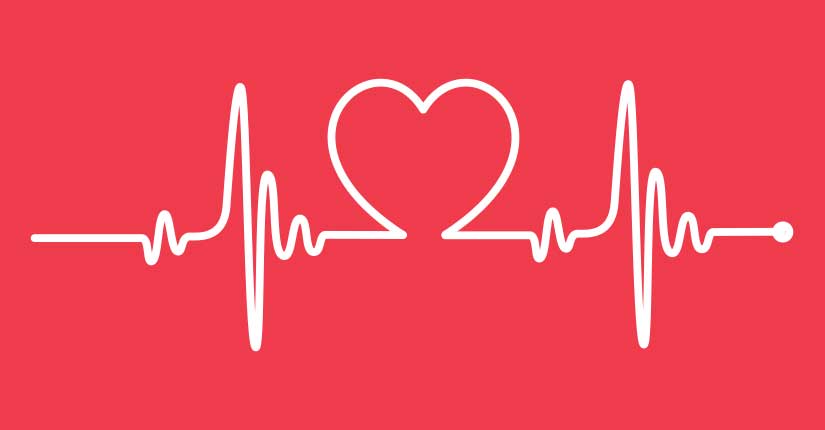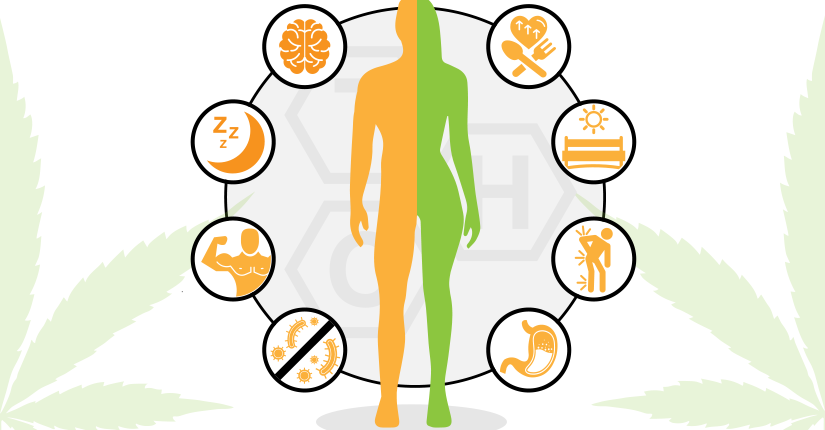6 Proven Benefits of Running for Your Health
By Nmami Life Editorial 04-Jul 2020 Reading Time: 7 Mins

While pandemic stopped us from running behind our routine, it should not stop us from bracing up to put on our running shoes. Studies show that running just 5 to 10 minutes each day at a moderate pace may help reduce your risk of mortality from heart attacks, strokes, and other common diseases. But the same research also clears that these benefits top off at 4.5 hours a week, meaning there’s no need to run for hours each day since it is a high-impact exercise and overdoing can lead to injuries such as stress fractures and shin splints. How many days it’s safe for you to run each week depends on your physical fitness levels and goals. Scheduling days for cross training, strength training, and rest should be part of your fitness plan. They may make you a stronger and healthier runner overall.
- Running helps in weight management
- Running improves blood glucose levels, and lowers risk of diabetes and pre-diabetes.
- Running controls blood pressure.
- Running improves cognitive function, and reduces cognitive decline and Alzheimers.
- Running improves mental health, and reduces depression.
- Running builds your self-esteem.
Since running involves continuously moving your entire body weight, running burns more calories than most other activities and it is even effective if you run slowly (but it takes little more time to show effect). Losing weight isn’t difficult but maintaining the weight is. Research has shown that individuals can lose significant amounts of weight in six months with help of a good balanced diet.
Individuals exercising 200 to 300 minutes per week achieve better weight maintenance than those doing less than 150 minutes a week. It takes determination and consistency, but the effort is worthwhile, as lower body weight appears to enhance health-related quality of life.
High blood glucose levels often have chances of developing diabetes and it shortens healthy lifespans. Running and other vigorous exercise can substantially improve blood glucose levels. It can also prevent those with pre-diabetes from developing Type 2 diabetes.
A review article in the Journal of the American Society of Hypertension concluded that both aerobic and strength training “elicited significant reductions in both systolic and diastolic blood pressure.Running in combination with other moderate exercise is a proven, non-drug-related way to lower blood pressure.
Earlier, steady, continuous workouts were thought to be most effective but now research supports higher intensity interval training for better blood pressure.
Running raises heart rate and improves blood flow that includes oxygen-rich blood being pushed to the brain. One meta-analysis revealed that running improves brain function by stimulating the release of brain-derived neurotrophic factor (BDNF). This protein encourages the growth and survival of neurons in the brain. Another research showed that high fitness improves total brain volume, including gray matter. You can even begin running in your mid-life or later as it gives protection from the kinds of brain plaques linked to cognitive decline and Alzheimers.
Many runners take up the sport to improve their physical fitness. Running makes you feel better. It boosts good emotions, mood, mental energy, fewer blue days. Sometimes, what mediicnes and prescriptions can do, running can do.
There is substantial proof supporting exercise use in the treatment of mental disorders, especially depression. As positive as this evidence appears, it does not mean you should rely on running and other fitness exercises alone when battling depression. Depression is a serious, widespread disease, and should be dealt with medical help.
Running not only helps physically but also plays a role psychologically. Running teaches us to take one step at a time and motivates us to keep going. It beautifully teaches us that effort produces results, no effort produces nothing. The effort is worth it. It builds confidence and self esteem to achieve every goal in your life.
Over to you
There are huge benefits of running on your short-term and long-term health. So hope you have got enough reasons to lace up your shoes and squeeze in that run today. Runners schedule rest days and cross training days to stay injury free. Include lower-impact activities like swimming and cycling on cross- training days to recover and give your hard-working running muscles a break.
If you aren’t sure how often to exercise or whether it’s safe for you, talk to a fitness trainer and ask if they can recommend a physical fitness program that’s appropriate for your age and fitness level.


















